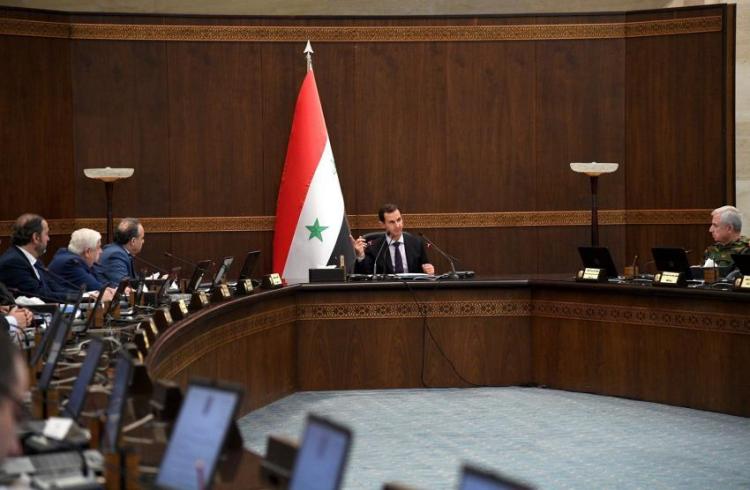Assad seizes dozens of businesses for cash: Washington Post
WASHINGTON, US (North Press) – In an escalating campaign, the Syrian leader and his financially strapped regime have raided and seized dozens of businesses, even targeting those that stuck by him during a decade of war, Washington Post reported on Monday.
The newspaper predicted “a new phase of Assad’s battle to survive: the hunt for cash.”
The Washington Post pointed out that five people, who were executives at Syria’s second-largest cellphone company, MTN Syria, were arrested last year, according to individuals familiar with the episode. Their arrests were part of a ruthless campaign by the president to seize MTN’s assets, along with almost every other meaningful source of revenue in Syria’s shattered economy.
The South Africa-based Corporation announced in August that it was abandoning the Syrian market under conditions that its chief executive called “intolerable.” MTN’s cellphone towers are still working, its 6 million subscribers still paying their monthly bills.
“But where that money is going, no one knows,” said a Syrian executive who spoke on the condition of anonymity out of fear of retaliation. “Honestly, no one knows.”
Similar events have played out repeatedly over the past two years, as Assad and his financially strapped regime have raided and seized dozens of businesses, including foreign corporations and family enterprises.
Companies that had survived the war have been raided by teams of regime “auditors” and agents, who scour their accounts for supposed tax and customs violations or other pretexts for hefty fines.
The moves are part of what one Dubai-based Syrian executive called a “mafia-style money grab.”
The most brazen cases amount to corporate decapitations in which top executives are forced out under duress and replaced by Assad loyalists. Among them is a relative newcomer, Yaser Ibrahim, who in a two-year stretch has acquired control of MTN and other Assad-targeted companies.
Officials and experts said, Assad needs the money to meet payroll for his military and security services, to buy fuel and food for the capital and other areas still under regime control, and to reward some Syrian elites who remained loyal to him through the war.
Against this backdrop, an endgame has begun to unfold. US officials and Syria experts said that Assad has so effectively consolidated his control over the country’s security apparatus and economy that he is poised to emerge from the war with a firmer grip on power than when it started. But after a decade of conflict, he is left in charge of a dismembered and decimated state.
In October, the UN Undersecretary-General for Humanitarian Affairs Martin Griffiths, said “Over 90% of the Syrian population now live below the poverty line. Many people are forced to make very difficult choices to make ends meet, and thus face greater risks of exploitation.”

